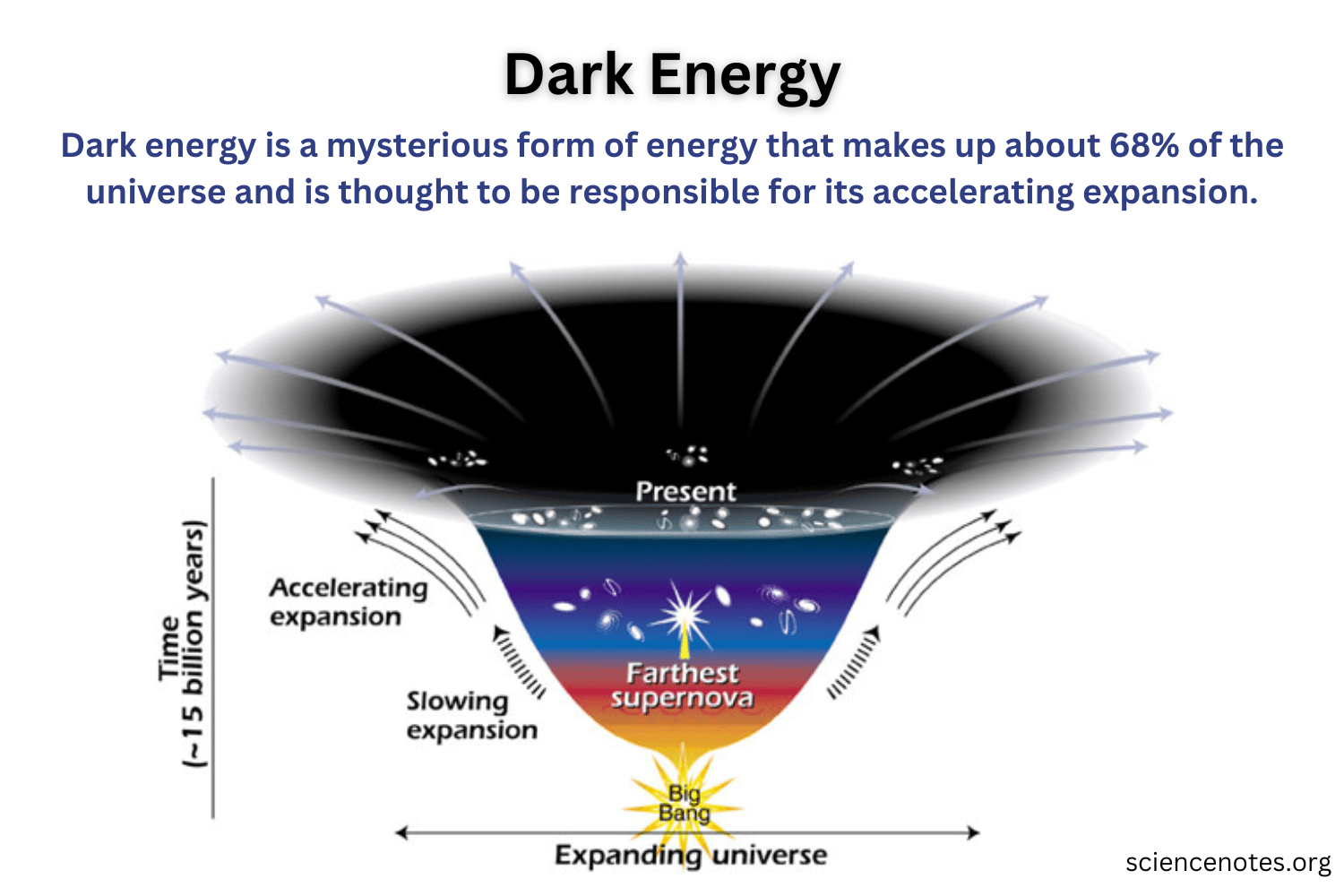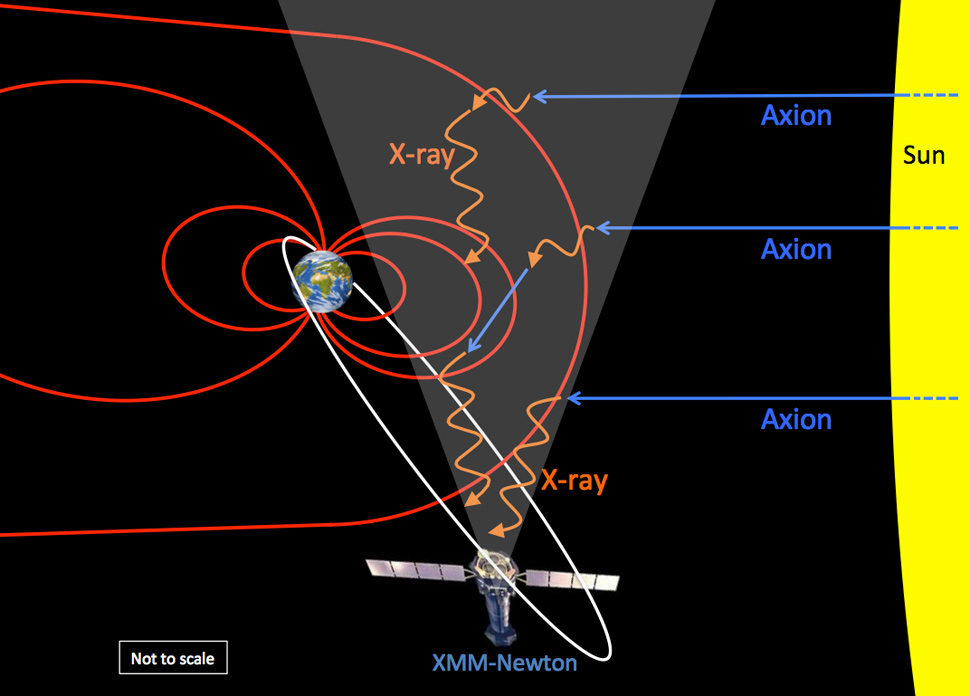Quantum computing, a frontier in technology, promises to revolutionize the computing landscape by leveraging the principles of quantum mechanics for unprecedented computational power. Recent developments highlight the innovative use of trapped molecules as qubits, offering a fresh perspective on quantum operations that significantly enhances processing capabilities. The complexity of molecular structures enables the formation of advanced quantum logic gates, which are foundational for efficient computations in this cutting-edge field. Researchers are now exploring how these methods can optimize ultra-high-speed technologies, paving the way for breakthroughs across various domains including medicine and finance. This exciting progress underscores the transformative potential of quantum computing as it strives to harness the intricate properties of molecules for practical applications.
The realm of advanced computation is rapidly evolving, with researchers actively exploring quantum technologies that harness the unique qualities of matter at a molecular scale. By investigating the interactions of trapped particles, scientists are laying the groundwork for systems that utilize complex atomic structures, a method that promises to enhance processing capabilities significantly. The intricate nature of these molecules offers the potential to construct highly effective quantum circuits, employing principles from quantum physics to revolutionize data handling. Employing terms such as molecular quantum systems and entanglement mechanisms, the pursuit of ultra-fast computational solutions draws interest from multiple sectors. Through this exploration, the ambitions of quantum researchers promise to unveil transformative capabilities that may redefine how we understand computational limits.
The Breakthrough in Molecular Quantum Computing
Quantum computing has long been a focal point of scientific and technological advancement, but utilizing molecules as a basis for this computing paradigm has remained largely untapped. The recent breakthroughs achieved by the research team at Harvard signify a pivotal moment in this field, showcasing the potential of molecular quantum computers. By managing to trap sodium-cesium molecules, they have opened the door to executing quantum operations at a scale previously deemed impossible due to the complexity of molecular structures.
This advancement not only marks a milestone in the quest for molecular quantum computing but also promises to enhance the robustness and reliability of quantum operations. The intricate nature of molecules allows for rich interactions and interactions that can be exploited, leading to more powerful quantum logic gates. The research team’s success illustrates how leveraging these unique properties can create new opportunities for developing faster, more efficient quantum systems.
Understanding Quantum Operations with Molecules
Quantum operations are fundamental to the functioning of quantum computers, and the recent experiments have significantly advanced our comprehension of how these operations can be executed with trapped molecules. The successful entangling of two molecules to form a two-qubit Bell state is indicative of the sophisticated capabilities that molecular systems bring to quantum computing. These operations utilize the special characteristics of quantum mechanics, where the entanglement of qubits enables a level of information processing impossible for classical systems.
The team’s ability to create an iSWAP gate using trapped molecules showcases a major leap forward in implementing quantum gates within molecular frameworks. Unlike traditional quantum systems that primarily utilize ions or superconducting circuits, molecular systems introduce a new layer of complexity and potential. As researchers gain a better understanding of these quantum operations, the scope of applications—ranging from cryptography to complex problem solving—continues to expand.
The Role of Quantum Logic Gates in Advanced Computing
Quantum logic gates are essential components in the architecture of quantum computers, acting as the means through which qubits are manipulated to perform computations. The Harvard research demonstrates a compelling illustration of how quantum logic gates can be implemented with molecular structures, particularly through the innovative usage of the iSWAP gate. This gate facilitates the swapping of qubit states while contributing to the entanglement necessary for complex quantum operations, thereby expanding the horizons of quantum computing.
The importance of quantum logic gates extends beyond just processing speed; they enable the execution of sophisticated algorithms that rely on superposition and entanglement. As quantum mechanics often defies classical logic, these gates empower quantum computers to tackle challenges that are insurmountable for traditional computers. By integrating the unique properties of trapped molecules, researchers are poised to enhance the capabilities of quantum logic gates, ultimately leading toward a more robust molecular quantum computer.
Challenges in Utilizing Molecules for Quantum Computing
While the recent advancements in trapping molecules for quantum operations are promising, several challenges remain in fully harnessing the power of molecular quantum computing. Chief among these challenges is the inherent instability of molecules, which can lead to unpredictable movements that disrupt the delicate quantum states necessary for coherent operations. The Harvard team’s approach to stabilize and control these molecules in ultra-cold environments is a significant step forward; however, refining these methods will be crucial for future applications.
Additionally, the complexity of manipulating molecular systems to perform reliable quantum operations necessitates ongoing research and innovation. The level of precision required to manage the intricate internal structures of molecules raises questions about practical implementation at scale. As further investigations explore stabilization techniques and qubit interactions, it is hoped that the potential of molecular systems will be fully realized in the realm of quantum computing.
The Future of Trapped Molecule Technology
The prospects of trapped molecule technology in quantum computing are incredibly bright following the successful experiments conducted by Harvard’s researchers. The ability to control and manipulate molecular qubits opens a new frontier in quantum technologies, which has the potential to transcend the current limitations posed by traditional qubit systems. As scientists continue to innovate in this domain, we may witness a new era of molecular quantum computers capable of solving highly complex problems across various fields.
Looking forward, there is so much room for exploration and breakthroughs within the molecular quantum computing landscape. Researchers can build on these findings to develop sophisticated algorithms and enhance the performance of quantum logic gates utilizing trapped molecules. By pushing the boundaries of what’s achievable, trapped molecule technology could revolutionize not only computing but also areas like material sciences, artificial intelligence, and beyond.
Leveraging Quantum Mechanics for Advanced Applications
At the heart of quantum computing lies the principle of quantum mechanics, which governs the behavior of matter at atomic and subatomic levels. The recent discoveries by the Harvard team highlight not just the entanglement of molecules, but how these quantum mechanics principles can be used effectively in practical applications. With trapped molecules serving as qubits, the transition from theory to application is becoming increasingly tangible.
Employing molecules in quantum computing offers distinct advantages such as their rich internal structures and ability to interact in multifaceted ways. These properties facilitate the development of more complex quantum operations, which can lead to transformative improvements in technology sectors, including cryptography, drug discovery, and optimization problems in logistics and finance. As researchers continue to unlock the secrets of quantum mechanics, they pave the way for revolutionary advancements that harness these fundamental principles.
The Significance of Optical Tweezers in Quantum Research
Optical tweezers have emerged as a game-changing technology in quantum research, particularly regarding the trapping of molecules for quantum operations. The precise control offered by these lasers allows researchers to isolate and manipulate individual molecules, enhancing the potential for executing high-fidelity quantum operations. This innovation plays a critical role in stabilizing qubits and maintaining their quantum coherence, which is essential for reliable computation.
The application of optical tweezers in trapping sodium-cesium molecules within ultra-cold environments marks a significant technical achievement. By diminishing motion and carefully managing interactions between molecules, scientists can harness their quantum characteristics more effectively. This control not only enhances the accuracy of quantum operations but also expands the opportunities for utilizing complex molecular structures in the creation of next-generation quantum systems.
Interdisciplinary Collaborations in Quantum Technology
The progress in molecular quantum computing is greatly amplified by interdisciplinary collaborations between physicists, chemists, and engineers. The work conducted by the Harvard team exemplifies this synergy, as it brings together diverse expertise to address the complexities of trapping and manipulating molecules. Collaboration facilitates the exchange of ideas, techniques, and insights that drive innovation and ultimately lead to substantial breakthroughs in the quantum computing domain.
Such partnerships can also enhance the understanding of how quantum mechanics applies across different fields, enriching methodologies that benefit a wider array of scientific inquiries. As interdisciplinary approaches become increasingly prevalent, the potential for groundbreaking discoveries and advancements in quantum technologies grows, paving the way for novel applications in everything from healthcare to cybersecurity.
Innovations in Experimental Quantum Technologies
In conjunction with trapping molecules for quantum computing, ongoing innovations in experimental quantum technologies are transforming our understanding of quantum mechanics and its applications. The methodologies developed by the Harvard research team serve as a model for future experimental setups, redefining what is possible in the field of quantum operations. As researchers explore new techniques to manipulate quantum states, they also refine their understanding of error management and quantum coherence.
These innovations are not merely theoretical; they have profound implications for real-world applications, particularly in industries where high-speed and reliable computation is paramount. As experimental quantum technologies continue to evolve, they hold great promise for redefining fundamental concepts in computing, ultimately leading to more efficient and powerful systems that can perform complex tasks at unprecedented speeds.
Frequently Asked Questions
What is a molecular quantum computer and how does it differ from traditional quantum computers?
A molecular quantum computer utilizes molecules, specifically ultra-cold polar molecules, as qubits for quantum operations. This contrasts with traditional quantum computers that often use trapped ions or superconducting circuits. Molecular quantum computers leverage the complex internal structures of molecules to perform computations, potentially enabling faster processing speeds and more intricate quantum logic gates.
How are trapped molecules used in quantum operations?
In quantum operations, trapped molecules such as sodium-cesium (NaCs) are held in place using optical tweezers in ultra-cold conditions. This setup allows researchers to manipulate their quantum states and entangle them, thereby executing crucial operations like the generation of two-qubit Bell states. The precise control over molecular rotation and interactions is key to successful quantum computing tasks.
What are quantum logic gates and why are they important for quantum computing?
Quantum logic gates are essential components of quantum computers that manipulate qubits, akin to how classical gates operate on binary bits. They enable the creation of superpositions and entanglements, which are vital for executing complex operations and calculations at unprecedented speeds. The Harvard team’s use of the iSWAP gate demonstrates the role of these gates in generating entangled states crucial for advanced quantum operations.
What challenges do researchers face when utilizing molecules for quantum computing?
Researchers face challenges with molecular stability and coherence disruption when utilizing molecules for quantum computing. Molecules have intricate internal structures and may be too unstable or unpredictable for reliable quantum operations. Techniques such as trapping molecules in ultra-cold environments help mitigate these issues by reducing motion and enhancing the control of quantum states, thereby improving the reliability of quantum operations.
What breakthroughs have been made in quantum computing with trapped molecules?
Recent breakthroughs include the successful trapping of molecules to perform quantum operations for the first time, as reported by the Harvard team. By achieving a quantum state with a 94% accuracy in a two-qubit Bell state using trapped sodium-cesium molecules, researchers have established a significant milestone towards developing a molecular quantum computer, emphasizing the potential of molecular structures in future quantum technologies.
How do the principles of quantum mechanics apply to molecular quantum computing?
The principles of quantum mechanics are fundamental to molecular quantum computing. They govern the behavior of qubits, which can exist in multiple states simultaneously through superposition, and become entangled regardless of distance through operations such as the iSWAP gate. These quantum effects allow molecular quantum computers to execute complex computations far beyond the capabilities of classical computers.
What is the significance of the ultra-cold environment in quantum operations involving molecules?
The ultra-cold environment is critical for quantum operations with molecules as it stabilizes their intricate internal structures. By significantly reducing the thermal motion of the molecules, researchers can achieve better control over their quantum states, thus enhancing coherence and reliability in executing quantum operations. This controlled environment allows for the successful entanglement and manipulation of molecular qubits.
What future developments can we expect from molecular quantum computing?
Future developments in molecular quantum computing may include advancements in techniques for stabilizing molecular qubits, improvements in quantum logic gate designs, and applications of molecular systems in various fields such as medicine and finance. As researchers explore the unique properties of molecules, there is the potential for creating faster and more powerful quantum computers that can perform operations beyond current capabilities.
| Key Point | Details |
|---|---|
| Breakthrough in Quantum Computing | A team led by Harvard scientists has successfully trapped molecules to perform quantum operations, marking a significant advancement in quantum computing. |
| Use of Molecules as Qubits | The researchers utilized ultra-cold polar molecules as qubits, which can potentially enhance the speed and efficiency of quantum systems. |
| iSWAP Gate Implementation | The team executed an iSWAP gate, crucial for generating entanglement between molecules, thus achieving a two-qubit Bell state with 94% accuracy. |
| Challenges Overcome | Previous molecular systems were unstable for quantum operations; however, researchers mitigated this by trapping molecules in ultra-cold conditions. |
| Future Potential | The study opens pathways for utilizing the complex internal structures of molecules in future quantum computing technologies. |
Summary
Quantum computing represents a revolutionary approach to computation, and recent advancements by researchers in trapping molecules as qubits could transform this field entirely. This breakthrough enhances the capability of molecular quantum computers, promising unprecedented acceleration in computational tasks and expanded opportunities across various industries. As scientists continue to unfold the complexities of molecular structures, the future of quantum computing looks incredibly promising.




